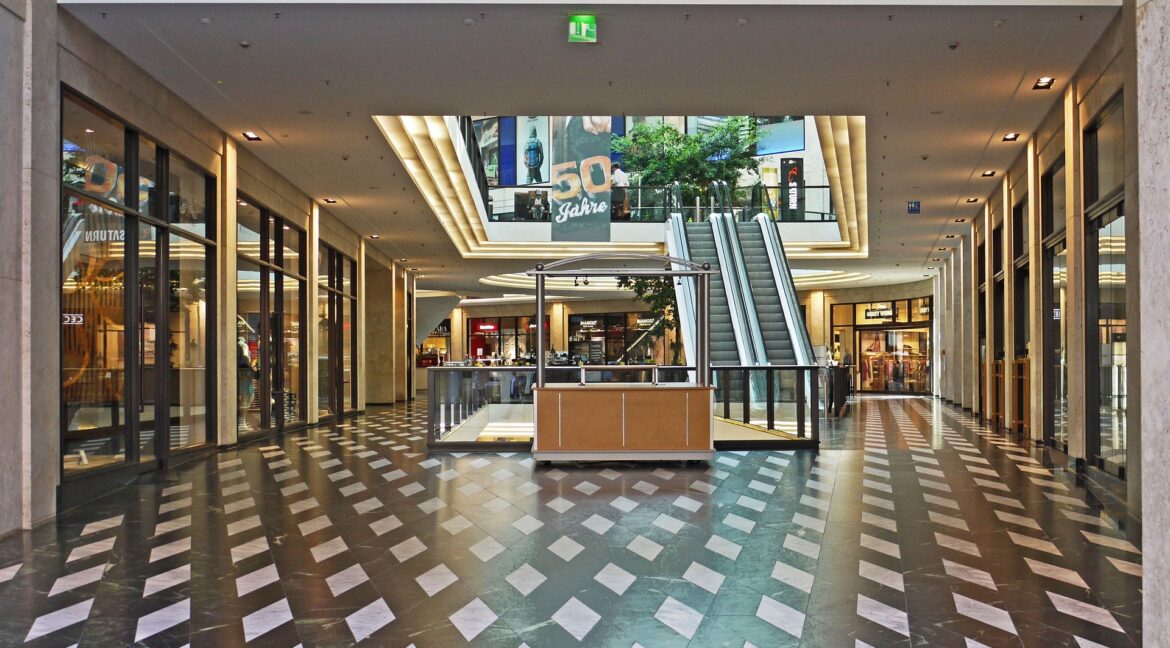Since the coalition of SPD, Greens, Left and Volt took office, the Bonn GA has had a lot to do. Not a day goes by without articles appearing, some benevolent, some critical of the disastrous conditions in the city. The ubiquitous chaos primarily affects transport policy, which is characterized by planning errors and communication debacles. The partial closure of the city ring, closures on the Brassertufer with simultaneous work on the Koblenzer Tor and a diversion system that changes daily makes even the last supporter of the promised traffic turnaround despair. But at least this is how the city of Bonn is implementing one of its noble goals of creating social equality. Because everyone is the same in traffic jams, the manager in the taxi, the pensioner in the bus, the handyman in the Caddy and the ambitious cargo bike user, who can at least switch to the sidewalk, which the mother with a stroller probably doesn't appreciate. Another annoyance is the systematic reduction in public parking space and the few remaining parking spaces are made unattractive by the capping of the sandwich button and horrendous fees.
ideology instead of pragmatism
What is going wrong in the Mobility Turnaround program office, one of four newly created and well-staffed new offices in the city? A toxic mixture of incompetence and ideology is to be feared, which cannot separate the feasible and the desirable. The utopia of the car-free city collides with the reality of transport policy on a daily basis. Bonn still has an attractive city center with one of the largest pedestrian zones in North Rhine-Westphalia, and the expansion of Friedrichstrasse must also be described as successful. But how will it look in ten years? There are already plenty of negative examples, just visit the city of Bochum: barren, empty, resigned! There, however, caused by high unemployment, a lack of purchasing power and social conflicts that Bonn does not (yet) know. With us, the business life of the city is determined by the traffic turnaround. When asked who gets where, how, the mayor always gives the same answers; “Ride your bike or take the bus”.
That Klübsche
In my circle of acquaintances there is a club of eight to ten older women, all of whom are past retirement age and have one or two niggles, who used to meet once a month in downtown Bonn. There we shopped and then we went to a restaurant for dinner. They drove into the city center in several cars and looked for a parking space. Riding a bike at an older age from Alfter, Längenich or Bad Godesberg was out of the question, nor was using the bus or train or parking in an underground car park. Because at 22 p.m. we had to go home again and sitting on the bus late at night in winter or entering a dark parking garage simply scares many older people. After two years of shopping abstinence due to Corona, the little boy drove back into the city in the spring, got lost several times, got stuck in traffic and returned home frustrated. Since then, Bonn has been taboo, alternately to Siegburg or Rheinbach is now the motto. There are nice shops, good restaurants and ample parking.
Retail prospects
The small example above is not an isolated case. The proportion of pensioners and retirees in Bonn makes up about 20%. The purchasing power of this group of people is very high in Bonn, as is their affinity for shopping in stores rather than online. 75,2% of 20 to 59-year-olds shop online regularly, compared to only 70% of those over 5,9 (statista 2021). Furthermore, a survey recently published in the GA showed that a third fewer people from the Rhein/Sieg district come to Bonn City to shop than before the Corona period. Those numbers should ring all alarm bells. The stationary retail trade, which has already been affected by the Corona measures, will be further burdened by ideology-driven transport policy measures. In April, Jannis Vassiliou, President of the Retail Association, put it in a nutshell:
“The city's transport policy is destructive and not conducive to the situation. Retail is still in an ongoing crisis mode. The association demands that the city take all road users into account. This is the only way to achieve a functioning and sustainable turnaround in mobility”.
These sentences will probably have gone unheard in the town hall.
B. Viebach

